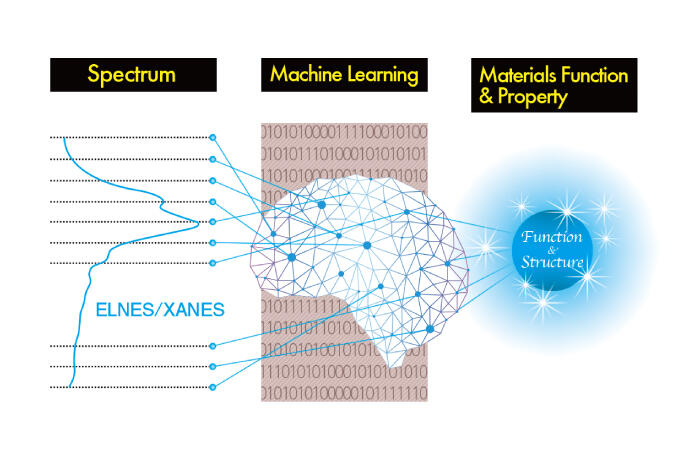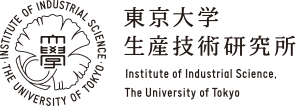A research team at The University of Tokyo has developed a powerful machine learning algorithm that predicts the properties and structures of unknown samples from an electron spectrum. This process may rapidly accelerate the process of discovering and testing novel nanomachines, solar cells, and other electronic devices.
Tricorders are fictional devices first seen on the original Star Trek television show. In this science fiction setting, scientists could instantly learn about the rocks on alien planets with a quick scan. Researchers at The University of Tokyo have taken a step towards making this concept a reality. They used data from core-loss electron spectroscopy, a set of standard laboratory tests that send electrons at a sample to determine the atomic elements in it and their bonding structure. However, the results from these instruments are difficult to interpret. To overcome this problem, they turned to machine learning. In contrast with conventional computer programs, machine learning algorithms do not need to be told what patterns to look for. Instead, the algorithms are trained by inputting many examples, and over time the program learns how to classify new unknown samples.
Here, the researchers chose a neural network that mimics the organization of the human brain. Data from known materials are sent as input, and the connections between neurons are adjusted to optimize the model's predictions. According to first author Shin Kiyohara, "with the increasing demand for nanoscale devices, tools for understanding molecular structures are becoming more and more valuable."
Although still a long way from a tricorder that can instantly identify alien rock formations, lead author Teruyasu Mizoguchi believes that "this method has enormous potential for use in quickly testing the properties of new materials."
Journal article
Shin Kiyohara, Masashi Tsubaki, Kunyen Liao, and Teruyasu Mizoguchi. "Quantitative estimation of properties from core-loss spectrum via neural network," J. Phys:Materials.
DOI: 10.1088/2515-7639/ab0b68
Research Contact
Teruyasu Mizoguchi, Associate Professor
Tel:+81-3-5452-6098 (ext.57834) Fax:+81-3-5452-6319
URL: http://www.edge.iis.u-tokyo.ac.jp/

